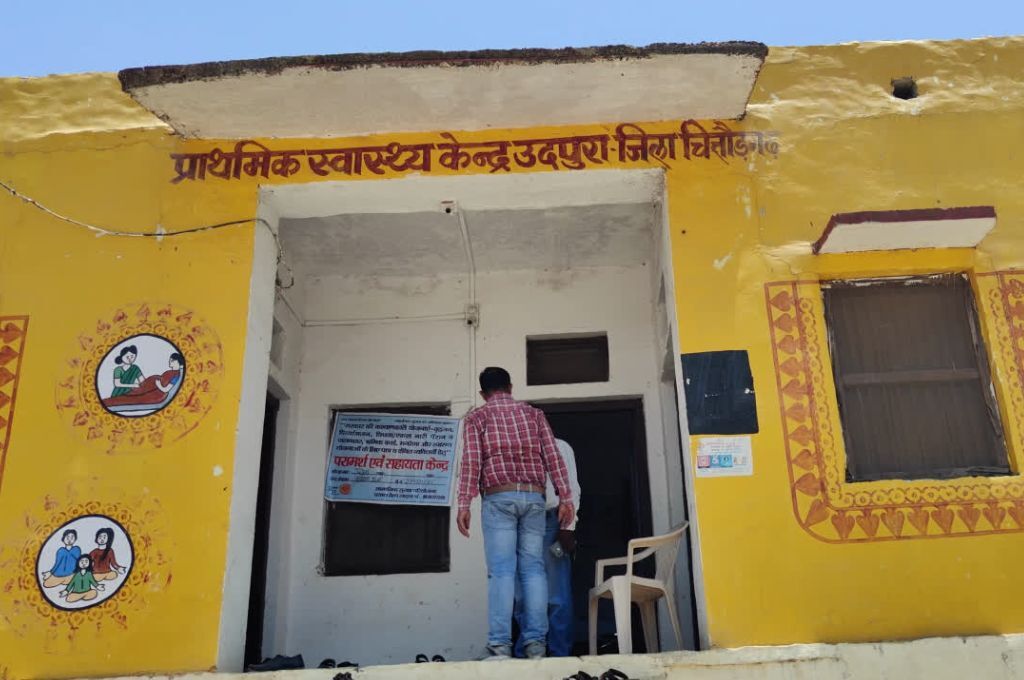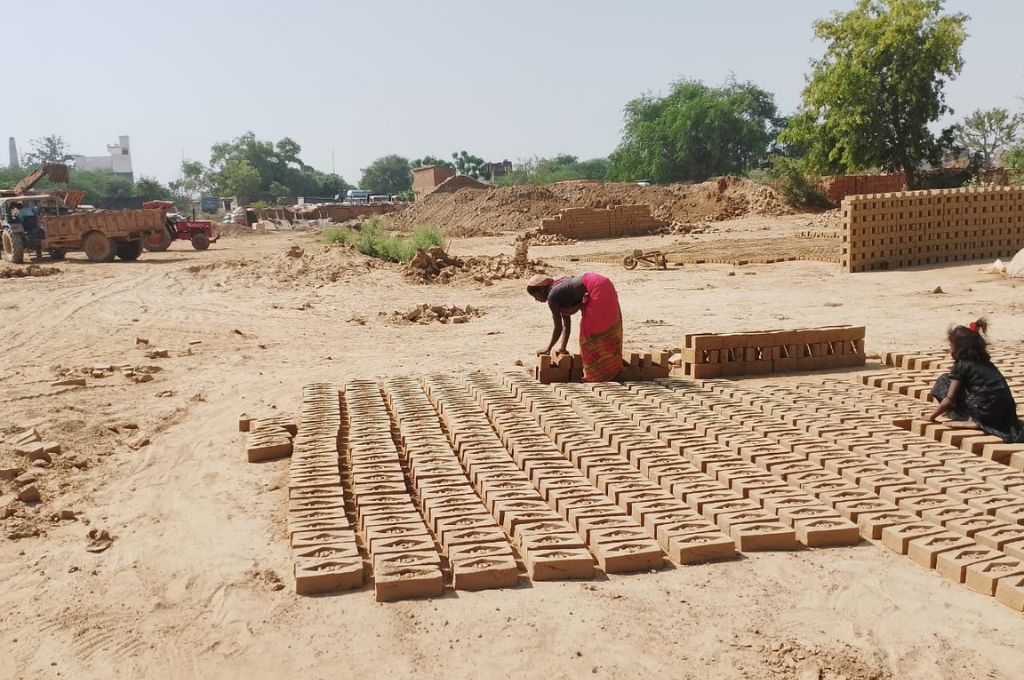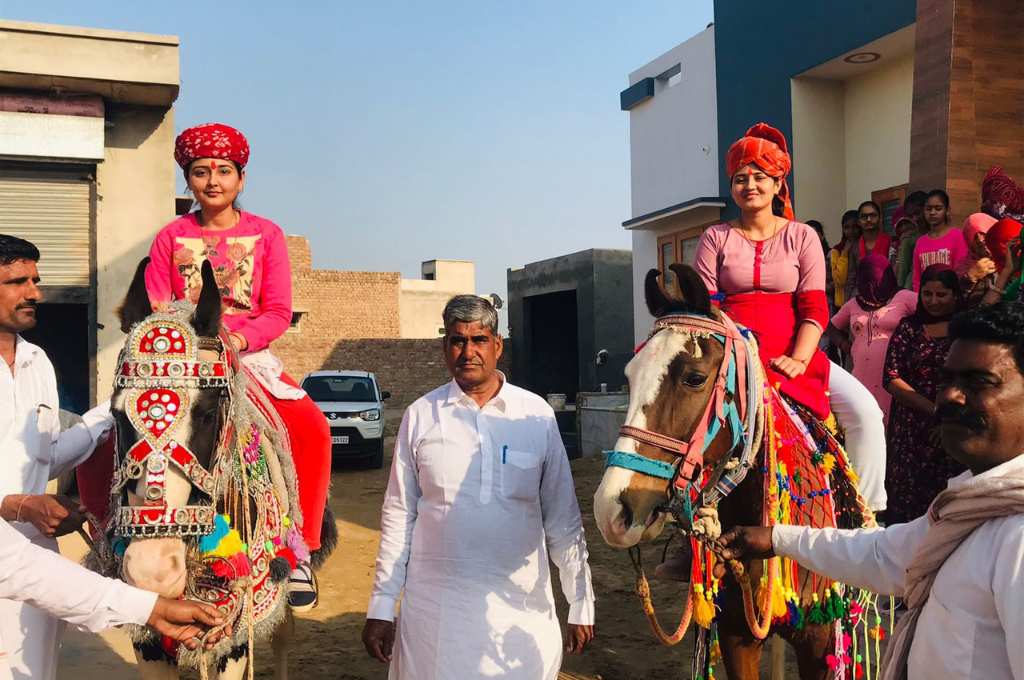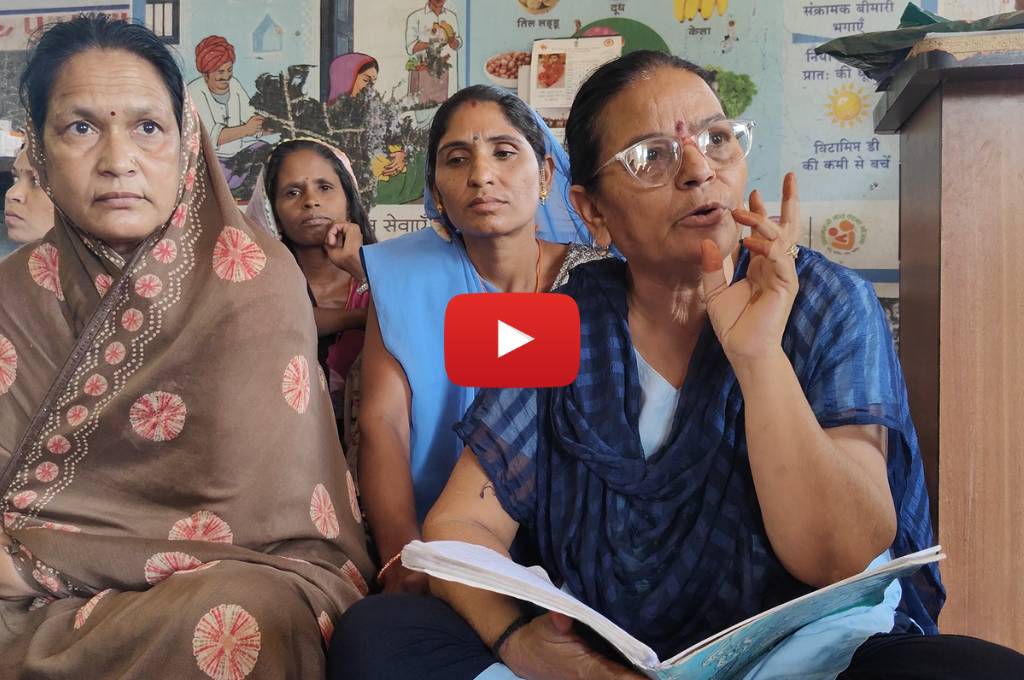Do recruiters want to hire women?
A recent study on female labour force participation conducted by FSG revealed that 33 percent of non-working women from low-income and low-education backgrounds want to work, but there are many barriers to their entry into the workforce. Of the several demand-side barriers that exist, a significant but less talked about factor is that companies struggle to hire women because of gender-inequitable hiring practices.
We looked at emerging, new-economy industries such as warehousing, last-mile delivery, and flexi-staffing, since these are the high-growth, mass-employment sectors of the future. In most of the companies in these industries, the hiring departments as well as the recruitment firms they appoint are dominated by men.
This is no different in Nuh, an aspirational district in Haryana that is set to become an industrial centre with the construction of the Delhi–Mumbai expressway. The town of Tauru in Nuh is a warehousing hub that caters to many kinds of companies: e-commerce, third-party logistics, fast-moving consumer goods (FMCG), automotive, and textile/clothing retail.
Recruiters in warehousing tend to search for candidates at tea stalls, which are places where men congregate almost exclusively. They also share these jobs on WhatsApp groups, from which women are missing because they aren’t part of such social networks and no one thinks to add them to these groups. Since the messaging around recruitment is also mostly male-centric, women candidates feel unwelcome to apply for these jobs.
In addition to being absent from the job networks used by recruiters, women have to deal with men not knowing how to engage with them in a professional capacity. A staffing company recruiter we spoke to said, “I cannot go and talk to women or call them. The society that we live in is very conservative. If a man talks to a woman, they think something wrong is going on.”
Warehouse managers we spoke to said they don’t consider women for roles because they have never seen them work in warehouses before. Some are shy about having to speak to women and do not know how to approach them. They also have concerns regarding women’s capacity to work. A warehouse manager told us, “Warehousing requires you to work at a stretch and stand for long hours. We aren’t sure if women will be able to handle it.”
However, in instances where warehouse managers have hired women, they have found that their presence improves productivity—women are more meticulous and hence better at packing and sorting than their male colleagues. A warehouse manager told us, “Women make fewer errors and receive approximately half as many complaints as men do. They also fix issues with parcels then and there (with tape), thus reducing the number of damaged parcels. Performance metrics such as ageing of parcels, damage, and processing speed have improved significantly since we started employing more women.”
“When compared to men, women are also around 25 percent less likely to take uninformed leave. As men see women perform sincerely, even they are becoming more diligent at work,” he added.
Vikram Jain is the managing director for initiatives at FSG.
—
Know more: Learn why young women in Odisha are fearful of migrating for work.
Do more: Connect with Vikram Jain at [email protected] to learn more about and support his work.



